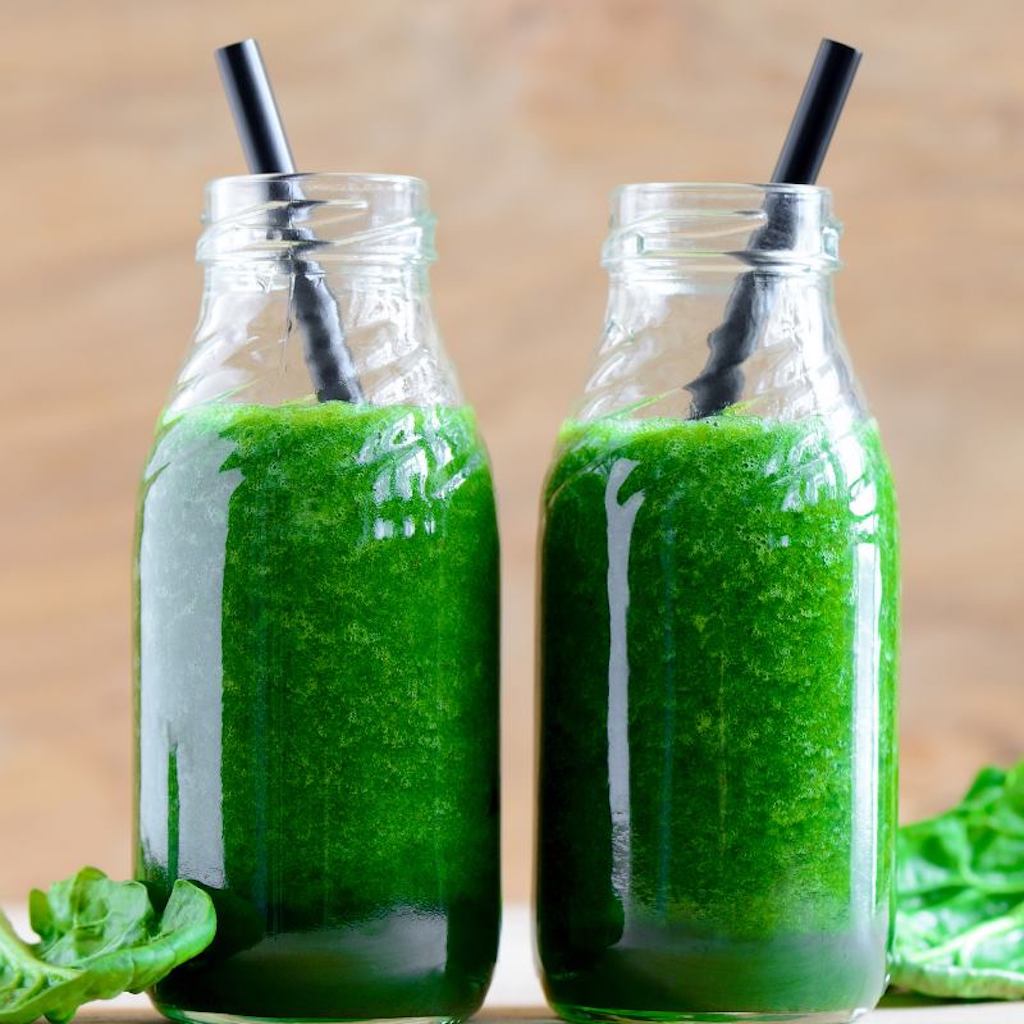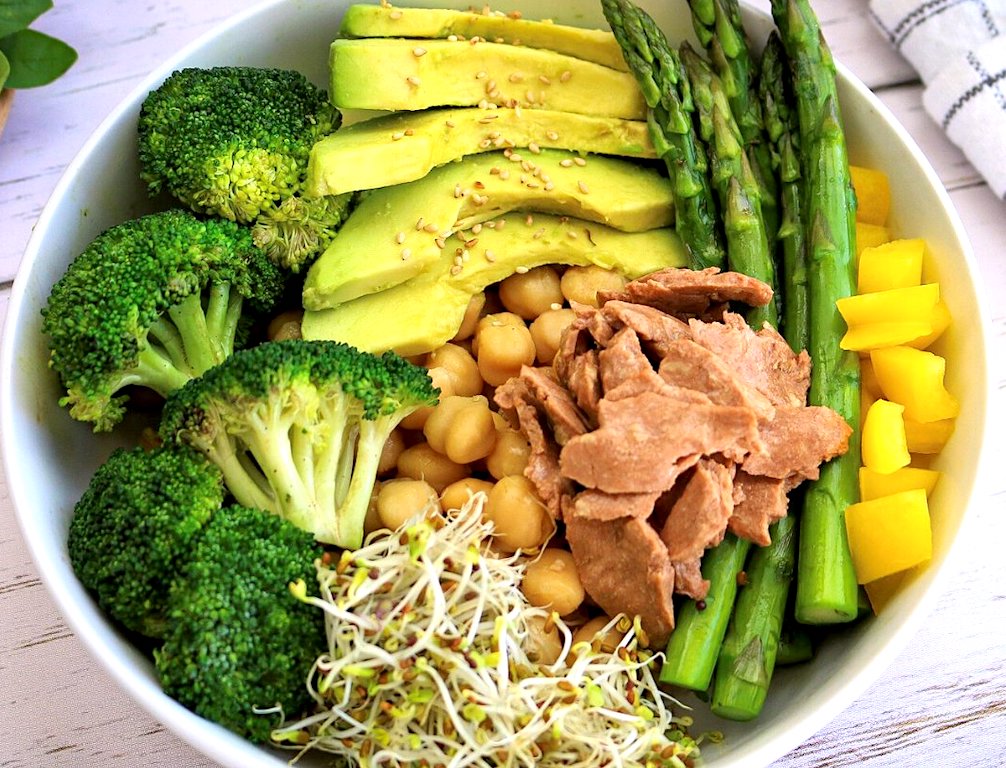4 Mins Read
Triton Algae Innovations, a startup leveraging freshwater algae species, is preparing to launch its plant-based algae ingredients and its first retail product – a tuna analogue – to show consumers the potential of the underwater crop in alternative proteins. The single-celled algae species that Triton uses, Chlamydomonas reinhardtii, can express plant proteins, and the startup has managed to produce it in a scalable, cost-efficient heterotrophic process.
Triton, founded in 2013 as a spin-off from the UC San Diego, says it will soon be launching its algae B2B platform and will also launch a commercial product – plant-based tuna – to demonstrate the alternative protein possibilities of algae. Speaking to FoodNavigator, the startup revealed that the vegan tuna alternative will be trialled in retail channels, but “discussions are also underway over potential foodservice pathways”.
Its alternative protein ingredients and solutions are developed using Chlamydomonas reinhardtii, a green algae that Triton grows in its fermentation tanks. The species boasts similar levels of protein to its more well-known algae species like chlorella and spirulina.

So far, Triton has developed three main non-GMO products using the species, including Essential Green, which can be incorporated in nutritional supplements, pastas, juices and protein bars; Essential Red, which is particularly suited for plant-based meat alternatives; and a neutral-flavoured white algae that can enhance the nutritional profile of products and is also applicable in alternative protein products.
Read: 8 sustainable startups using algae to make everything from T-shirts to vegan shrimp
The red strain is the exact same species as the green strain, except that it was selected by identifying a strain that no longer produces chlorophyll and that up-regulates compounds found in the heme pathway known to provide meat-like properties.
David Schroeder, Director of Corporate & Regulatory Affairs, Triton Algae Innovations
Explaining the products, David Schroeder, the firm’s director of corporate and regulatory affairs, told the publication that they “accelerate” the process that plants would naturally be exposed to under UV sunlight, then they “apply high throughput selection methods to isolate the strains we want.”
“The red strain is the exact same species as the green strain, except that it was selected by identifying a strain that no longer produces chlorophyll and that up-regulates compounds found in the heme pathway known to provide meat-like properties.”

There is no introduction of foreign genes into any of our strains that we intend to commercialise.
David Schroeder, Director of Corporate & Regulatory Affairs, Triton Algae Innovations
Heme is the ingredient that food tech giant Impossible Foods made famous with its “bleeding” plant-based burgers. It’s the compound giving the brand’s patties the iron-rich mouthfeel and bite that mimics real meat from animals, often credited as the reason why the Impossible Burger attracted record sales from mainstream consumers last year.
But unlike Impossible Foods’ soy-based version, Triton Algae does not need to use any genetic engineering to develop the heme contained in Essential Red.
“The heme pathway naturally exists in algae. Normally most of the pathway is shuttled to chlorophyll. When the cells no longer make chlorophyll, they are free to accumulate components of the heme pathway. There is no introduction of foreign genes into any of our strains that we intend to commercialise,” said Schroeder.

We’re planning to launch a tuna alternative with our red algae being one of the star ingredients.
Dr. Miller Tran, Co-Founder & VP of R&D, Triton Algae Innovations
Triton isn’t alone in leveraging algae to make heme, with Chicago-based Back of the Yards Algae Sciences (BYAS) recently debuting a prototype of its heme. BYAS’ version is also completely GMO-free, made using a natural extraction process that doesn’t require fermentation or genetic engineering, and is spirulina-based.
Dr. Miller Tran, co-founder and vice president of R&D at Triton, added in the interview with FoodNavigator that the most exciting application for Essential Red would be in the realm of plant-based seafood – a category that remains a market gap for alternative proteins, though a growing cohort of brands are now launching various seafood analogues, such as Good Catch’s vegan tuna and New Wave Foods’ plant-based shrimp.
“We’re planning to launch a tuna alternative with our red algae being one of the star ingredients,” said Tran, who added that their product will elevate the taste, sensory experience and even appearance of existing plant-based seafood products on the market.
“We really like what companies such as Good Catch have done, but we felt we could improve it from a flavour, texture, and appearance standpoint, so it looks more like what you’d expect from a tuna product.”
All images courtesy of Triton Algae Innovations.




